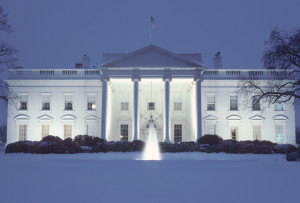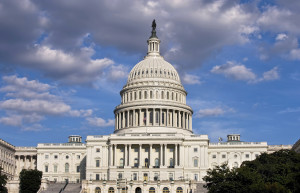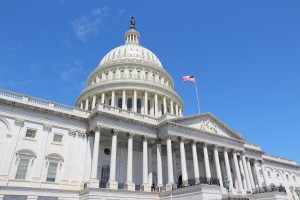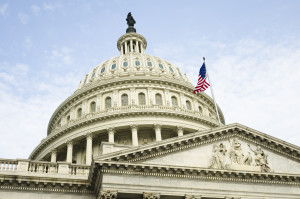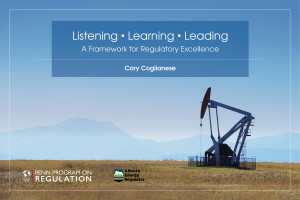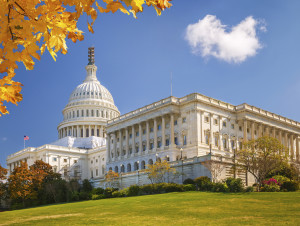The Elusive Quest for Government “Success”
Peter Schuck’s book explains why government fails, raising the question of whether it can ever truly succeed.
Understanding Government Failure
To create better solutions to today’s problems, policymakers must analyze government’s successes and failures.
Is Government Prone to Fail?
Peter H. Schuck’s recent book analyzes the effectiveness of federal domestic policies in the United States.
The Problem with Delegation
Legal scholar argues that delegation poses a threat to the separation of powers.
How Academics Can Improve Regulatory Inspections
Workshop shares research findings to advance agency compliance and enforcement practices.
Finding the Middle Ground in Regulatory Reform
Commentator offers ideas for regulatory reform with bipartisan appeal.
Regulatory Excellence as “People Excellence”
Regulators must master the human side of regulation to achieve excellence.
The Regulatory Excellence Molecule
Professor Cary Coglianese identifies the key elements of regulatory excellence.
Penn Program on Regulation Issues Final Report of Best–in-Class Regulator Initiative
Report commissioned by Alberta Energy Regulator defines regulatory excellence.
A Framework for Regulatory Excellence
The Regulatory Review highlights the release of the PPR Best-in-Class Regulator Initiative’s final report.
When Politicians Are Not Experts, Agencies Step In
ACUS report addresses best practices for agency involvement in drafting legislation.
Coglianese and PPR Receive Award for New Work on Codes and Standards
National Institute of Standards and Technology awards $160,000 to study codes and standards in public policy and legal education.


